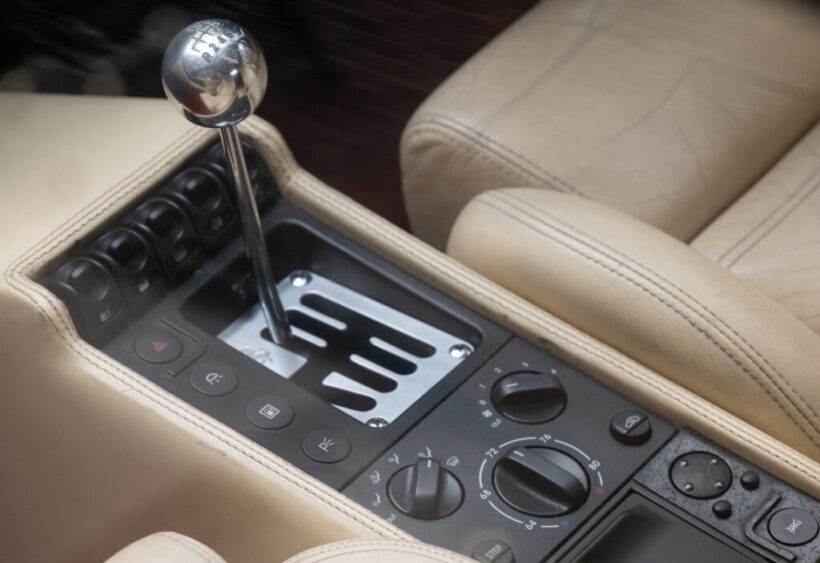Transmission problems have tormented car owners for generations. It is stressful and can get expensive. Ranging from replacing fluids to performing a thousand-dollar reconstruction job, transmission issues can lead you to a world of pain.
The best way to deal with such problems is to keep the vehicle serviced and in top conditions at all times. In fact, a transmission can outlive the vehicle itself if maintained properly.
Major transmission issues may involve inspecting, disassembling, cleansing, and reconstructing, all of which are complicated tasks if the right methods are not known.
Minor repairs include re-sealing the gear, replacing the defective parts like solenoids, adjusting the throttle cable, and more. Let us take a closer look at some of the most common transmission symptoms every car owner should know about.
Defective Solenoids
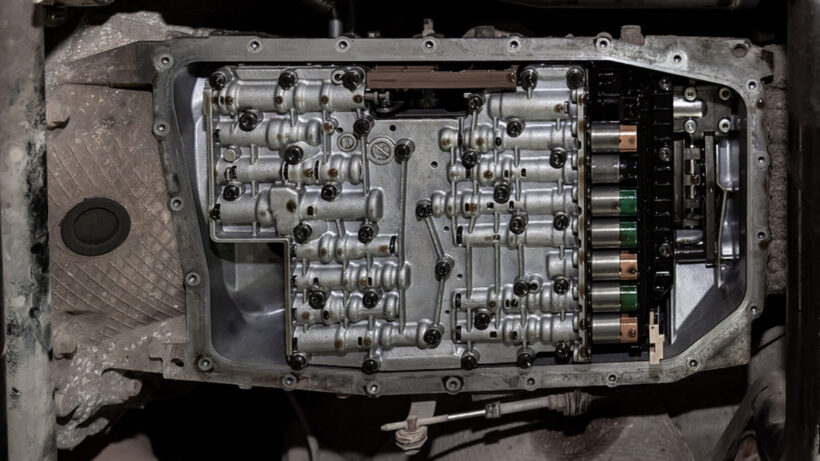
Solenoids are, arguably, the most important components of the transmission. These tiny devices are the reason you can upshift or downshift your vehicle’s gear. Any form of damage in the solenoids, or simply wearing out after prolonged use, can cause gear shifting problems and permanently damage the transmission.
Symptoms of damaged solenoids include awry shifting patterns, inability to take the vehicle into gear, slipping shifts, delayed shifts, and a few others. Every time the computer in your car sends a signal to the solenoids, they begin to move at a sheer pace, almost a thousand times in some cases.
This excessive movement causes rapid wear and tear, making the solenoids depreciate easily. Check out mechanicbase.com to learn the symptoms of a bad transmission shift solenoid. Having the right information can prove to be greatly beneficial for the health of your vehicle in the long run.
Leakage of Fluids
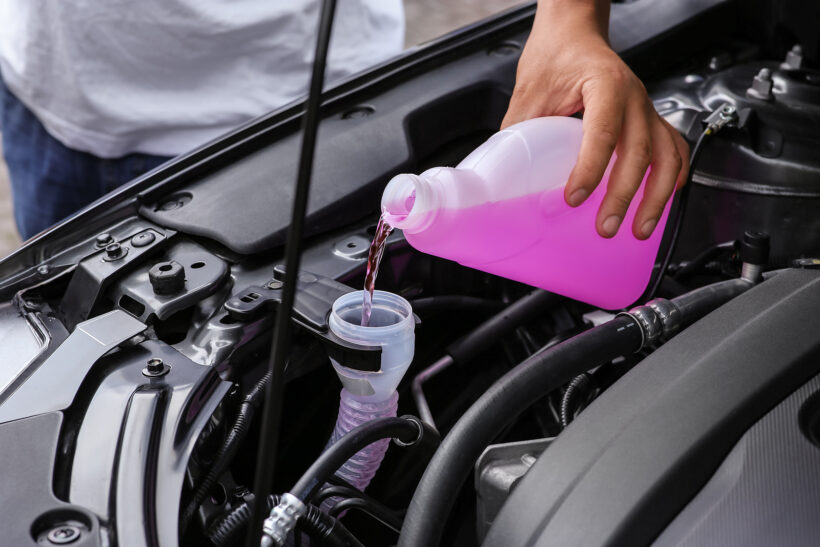
A vehicle requires a variety of fluids to be completely operational. Engine oil is used to keep the engine lubricated. Coolant prevents the system from overheating and causing serious damage. For steering and navigational purposes, power steering fluid and brake fluid are used.
Transmission components are kept agile and lubricated using transmission fluid. And of course, let us not forget the windshield washer fluid!
Any time you identify a fluid leakage, steps should be taken. In the case of a transmission fluid leak, you would be sensing a sweet smell and seeing a red liquid. If the transmission fluid is old, it may look darker and smell more toasty.
Running out of transmission fluid is almost guaranteed to be the consequence of a leak as it does not burn away like engine oil. In case you do locate a leak, you would need a transmission to reseal, something best handled by professionals. Having a close eye on the fluid levels in a vehicle is one of the most common entries in a regular owner’s car maintenance checklist.
Increased Noise Levels

A quick check at the noise levels in a vehicle is, at times, enough to confirm transmission issues. Movies showing noisy car breakdowns were never really a myth; it is all very real. Any time you notice a strange, new noise while driving, consider it a cue to get your car diagnosed.
Manual transmissions tend to emanate generic noises when they go faulty. One of the most common scenarios is when every gear shift makes a bizarre “clink.” Any form of humming, whining, or clunking sounds should be taken seriously.
Another concern is when the vehicle continues to “grunt,” even in neutral. Excessive noisiness almost always indicates transmission issues. Fortunately, the solution is quite straightforward. Such problems are usually the consequences of wrong fluid being used or low fluid levels altogether.
Make sure you seek the help of a mechanic if things start to feel out of the ordinary.
Check Engine Light
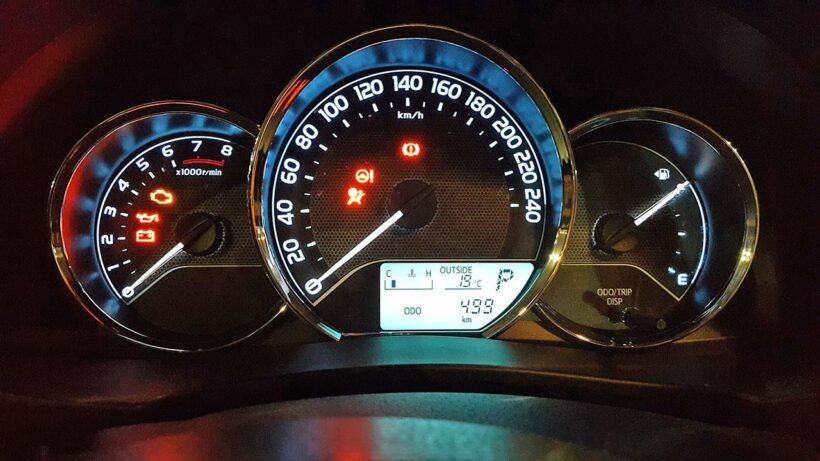
Most drivers do not even bother about the “check engine light”. That is because it feels as if this signal is your car’s version of spam. It keeps on blinking for even the slightest of issues. In fact, some drivers think the check engine light only refers to the engine as the term suggests.
This is not true. The signal may indicate a problem in an array of sectors, such as the transmission, air conditioning, brakes, driver console, and much more.
Furthermore, every time the light flashes, it does not describe the extent of damages. It is just an indicator after all. Thus, we recommend taking immediate action whenever the check engine light starts to blink. You can diagnose the problem on your own in certain car models. If not, a visit to the car mechanic is the ideal option.
Slipping Gears
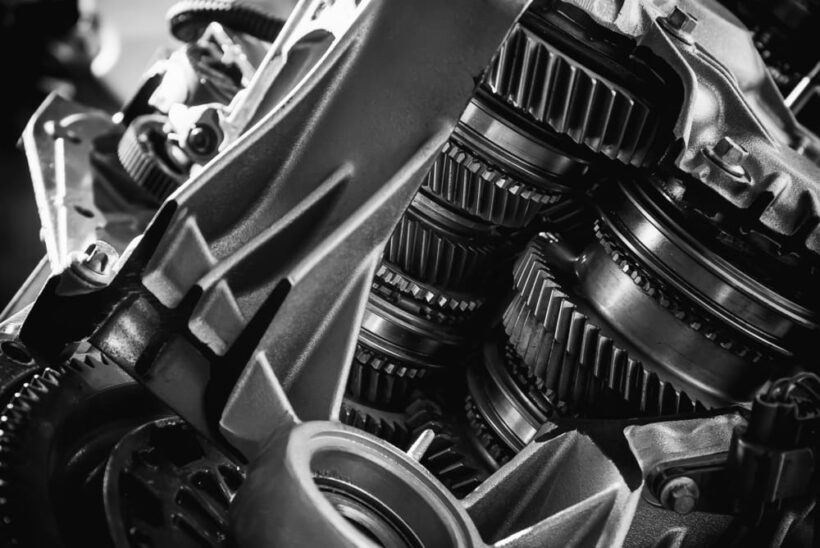
When the gears start to slip, know that things have really escalated and it is finally time to get serious. Generally, a gear slip can cause the vehicle to suddenly jerk and go out of control or stop abruptly. While this is highly dangerous for the driver and the passengers, people around the vehicle are also not safe.
Countering a gear slip, drivers tend to compensate for sudden accelerations by braking hard or rapidly picking speed when the car goes limp. Modern vehicles come with advanced transmissions that do not let the driver change gear whenever damage is found within the system. This is known as “safe” or “limp” mode.
Some of the common symptoms of slipping gears include strange brushing sounds while changing gears, unusually high RPM, and the transmission refusing to shift into the next gear without a fight. Make no mistake: seemingly everything is connected when it comes to car engines. A problem in one section does not take long to transfer into another.
Final Words
Your car needs to be taken care of, be it the best manual transmission vehicle out there or a state-of-the-art automatic. The transmission is a fundamental component of a vehicle.
Maintenance steps like replacing filters or installing new seals are necessary if you are looking to use the machine for a while. We suggest taking the help of professionals any time you feel the need to get your vehicle checked. You never know what you might be saving by taking early steps.

